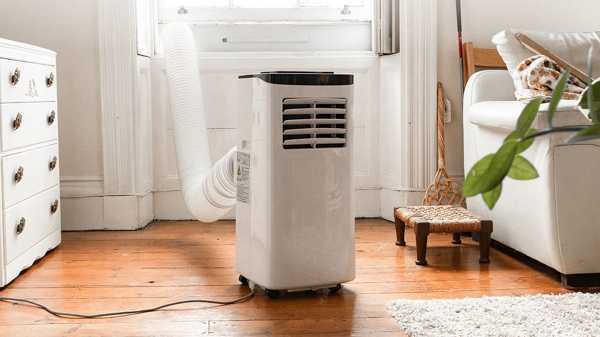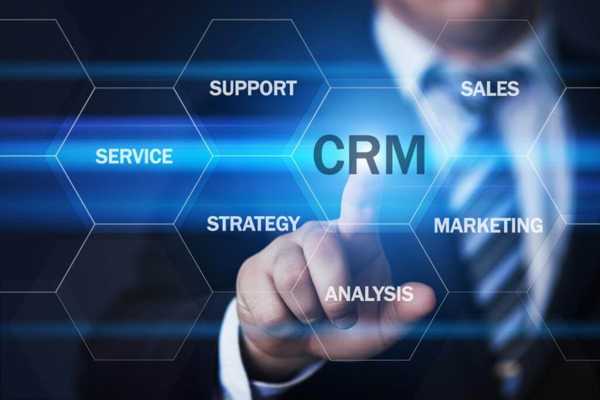Sperm donation is an integral component of assisted reproductive technology, particularly in processes like in vitro fertilization (IVF). However, the true value of sperm to IVF clinics extends beyond the compensation given to donors, encompassing various elements that determine its worth. By gaining insight into the factors that dictate sperm donation pricing, both donors and prospective parents can make more informed choices regarding their reproductive paths.
Understanding the Sperm Donation Process
Sperm donation entails a male donor providing sperm that is used to fertilize an egg within a controlled laboratory environment. This process is crucial for assisting individuals and couples grappling with infertility, as well as catering to same-sex couples and single women who aspire to raise a family.
1. Screening Process
Before a donation is made, potential sperm donors must navigate an extensive screening process. This involves undergoing comprehensive medical exams, blood tests to detect infectious diseases, and genetic testing to exclude hereditary conditions. Moreover, donors are required to submit thorough family medical histories to ensure the donated sperm holds a high standard of quality.
2. Sperm Collection and Analysis
After successful screening, the donor will produce a sperm sample, which is subjected to analysis to ascertain its quality. Critical parameters such as sperm motility (movement capabilities), morphology (shape factors), and the sperm count are thoroughly evaluated to ensure optimal performance.
3. Cryopreservation
Post evaluation, the sperm is cryopreserved, or frozen, to facilitate its preservation for future use. This allows clinics to maintain a stock of viable sperm for subsequent IVF treatments, ready to meet various patient needs.
What Determines the Price of Sperm?
Even though donors are typically compensated between $50 to $150 per donation, the actual value assigned to sperm by IVF clinics is derived from a multitude of influences that transcend simple monetary transactions.
1. Sperm Quality
Quality is a central factor influencing sperm price. High-caliber sperm, characterized by excellent motility, appropriate morphology, and substantial sperm count, is highly prized by clinics. Sperm sourced from younger donors leading healthy lifestyles carries a higher value as well. Clinics are likely to pay a premium for sperm that has undergone extensive testing and adheres to stringent quality standards.
2. Donor Background
A donor's background significantly affects sperm pricing. Individuals possessing remarkable educational achievements, professional success, or distinctive abilities such as athletic or artistic skills may see their sperm commanding higher prices. Additionally, sperm from donors with prior successful pregnancies or those from particular ethnic backgrounds may experience increased demand.
3. Regional Price Variations
Sperm pricing varies regionally, with urban centers and locales with heightened fertility treatment demands typically offering superior compensation. Clinics in metropolitan areas may face increased operational costs, which consequently influences the pricing of sperm.
4. Legal and Ethical Considerations
Legislative and ethical frameworks play a crucial role in shaping sperm donation costs. Various regions may impose stringent regulations or ethical guidelines impacting pricing. Aspects such as donor anonymity, parental rights, and limits on the number of families a donor can aid may all influence a clinic's valuation of sperm.
The Financial Breakdown for IVF Clinics
The financial obligation for IVF clinics regarding sperm extends past the basic donor compensation. There are various cost elements inherent in the sperm donation process:
Donor Screening and Testing: The comprehensive screening process, including medical and genetic evaluation, can cost hundreds of dollars, justifying its inclusion in the overall financial considerations.
Sperm Processing: Ensuring sperm quality through analysis and processing can range from $200 to $500 per sample, impacting the overall cost.
Cryopreservation and Storage: The storage of sperm involves annual fees that typically range between $200 and $400 based on a clinic’s specific storage guidelines.
Conclusion
While donors receive compensation for their contributions, the broader value of sperm to IVF clinics is determined by factors including sperm quality, donor attributes, regional economic conditions, and legal stipulations. By understanding these factors, both donors and patients are better positioned to make thoughtful decisions and adeptly navigate the complexities of the IVF landscape. IVF clinics thrive on a continuous supply of superior sperm, and by recognizing the financial and operational intricacies of sperm donation, we facilitate a smoother and more effective reproductive treatment experience.





